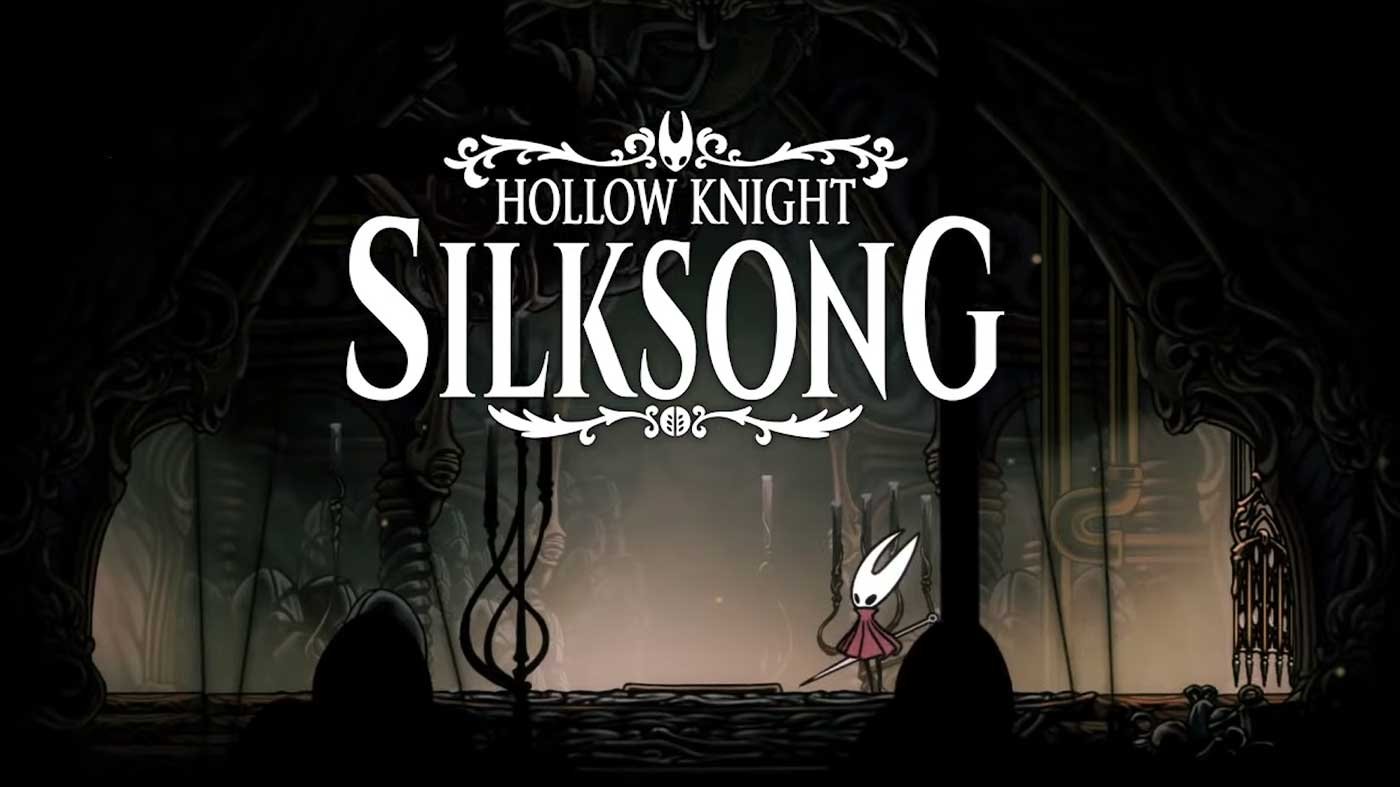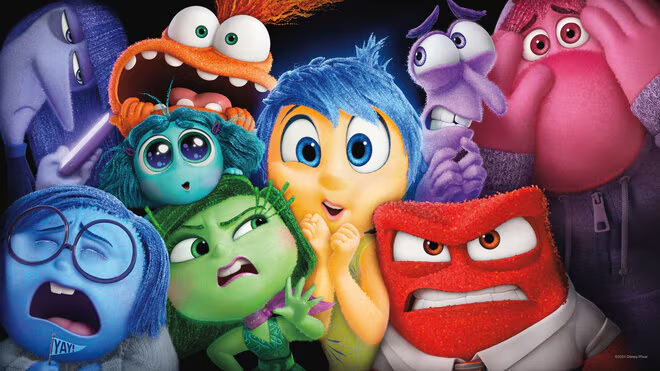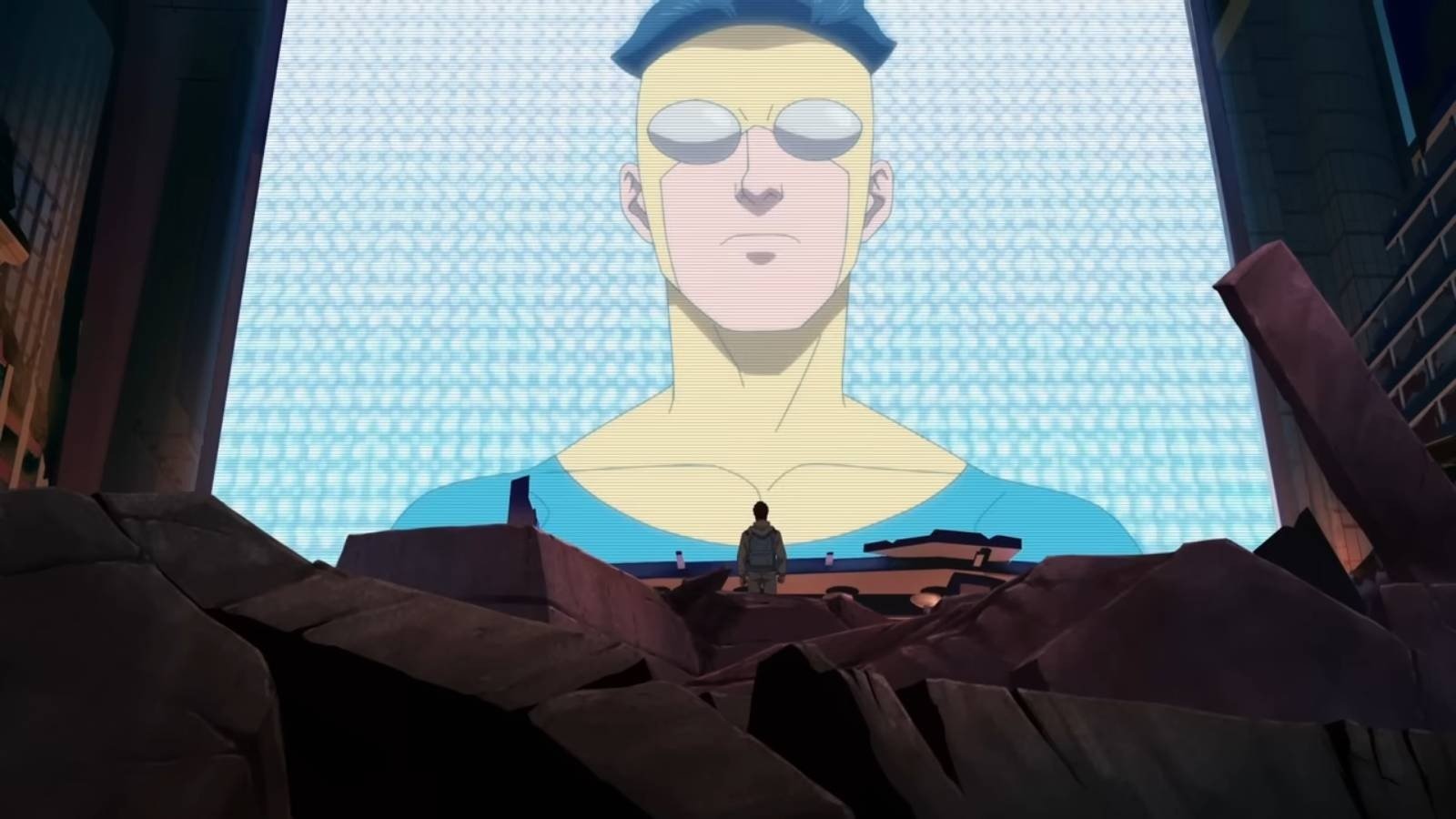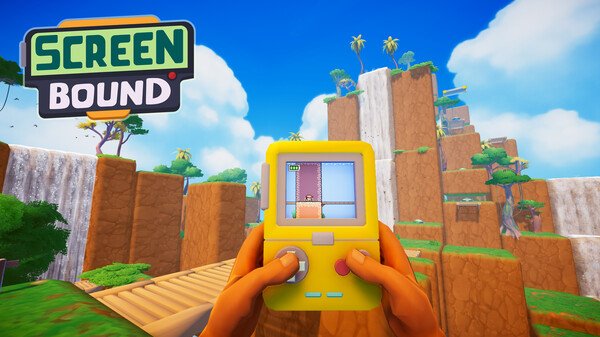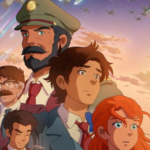Pakistan’s First Hand-Drawn Gem: A Look Inside The Glassworker
A perfect blend of talent meets an untapped culture. Read why upcoming Ghibli-inspired film is a significant addition to this year’s releases.
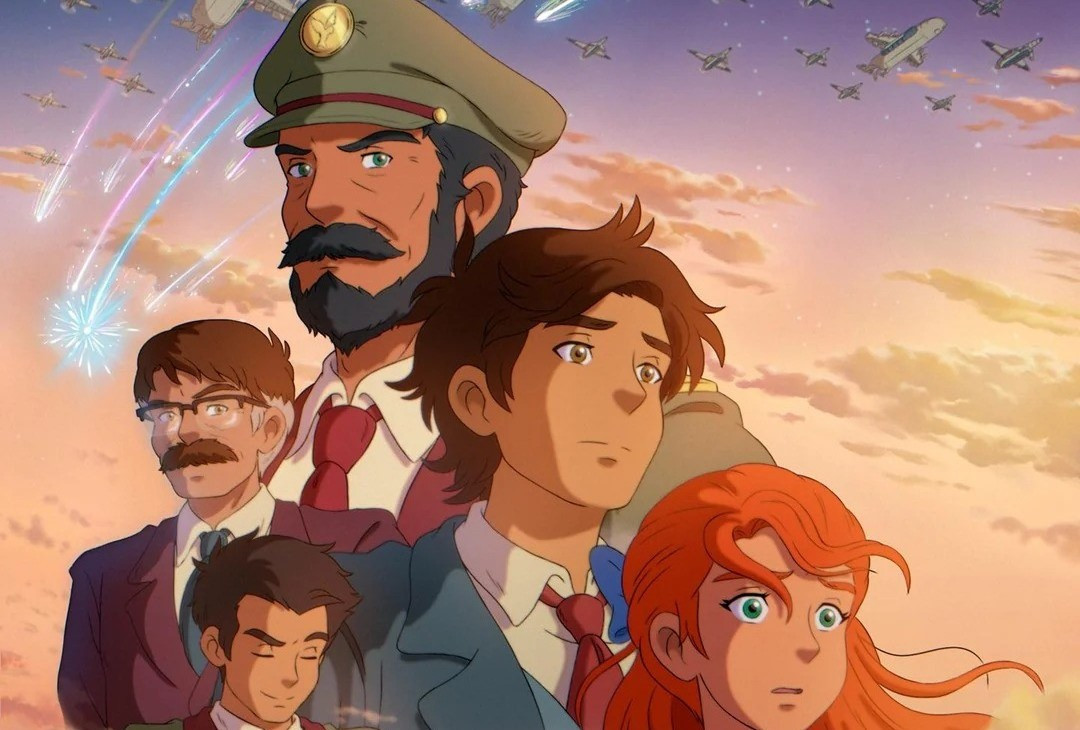
What happens when shatter-proof determination, stringent patience, and sheer talent meet a country with a thousand stories to tell in every little nook and cranny? The Glassworker as a film is of great significance in 2024 for innumerable reasons, be it the remarkable precedent it may serve for the animation industry in Pakistan or its ultimate anti-war message that even today is, unfortunately, an ideal many souls must learn to resonate with.
“Every gun that is made, every warship launched, every rocket fired signifies, in the final sense, a theft from those who hunger and are not fed, those who are cold and are not clothed. This world in arms is not spending money alone. It is spending the sweat of its laborers, the genius of its scientists, the hopes of its children.” ~ Eisenhower
The Glassworker: Premise And Inspiration
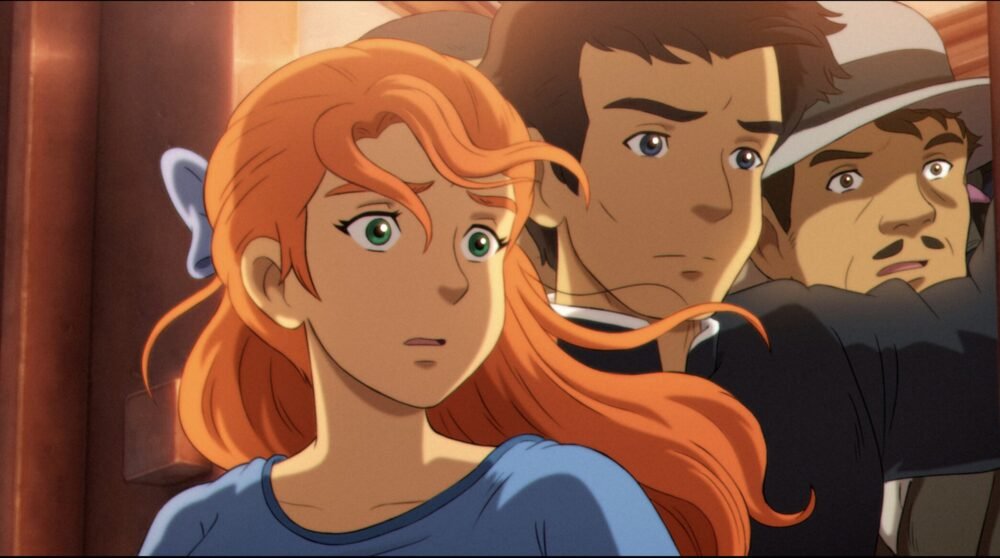
The story follows the story of a country facing an approaching war, which upends the lives of a young glassblower named Vincent and his father, Tomas, who run the finest and most valuable glass workshop in the country. The conflict in this story arises with the arrival of a talented violinist, Alliz, and her army colonel father. The budding interest and love that grows between Vincent and Alliz are constantly challenged by the polarizing nature of each of their father’s views. It is a time when the chord that holds together their society’s fabric, creative thinking, and expression, has been strung—a time when nationalism and rank are considered to be of greater esteem.
“It is a time when love is not considered relevant.” ~ Mano Animation Studio

Gulab Jamun – The Glassworker
Many animation fans and cinephiles may recognize it immediately for its strong resemblance to Studio Ghibli’s artistic style, but this isn’t the only point where the resemblance ends. It will be of no surprise to Studio Ghibli fans the familiar anti-war rhetoric many of its films have adopted, having its roots in the post-WW2 era of Japan and the many traumatic experiences that came with it among its population. The memory of these experiences still survives today. It requires a necessary message against war and conflict in these films to not only highlight its negative and barbaric impacts but also to soothe the tragic memory and capture it’s essence through spectacular, fluid animation and harmonious, beautiful scores.
The aim of The Glassworker, as the first hand-drawn Pakistani film, is to capture the essence of these themes and portray them in a manner that strikes into the heart of its audiences, to create something that stands entirely on its own.
The Glassworker: Meet The Wizard
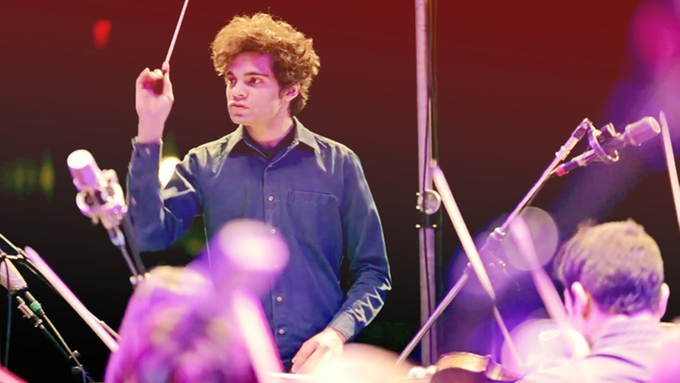
Usman Riaz – Director of The Glassworker
The heart of the operation, Usman Riaz, is an accomplished musician and composer, having made many appearances on Coke Studio, Pakistan’s premiere music platform. But he wouldn’t be who he is without being a jack-of-all-trades. Alongside music, Riaz is an avid visual artist, animator, and writer. He created the entire story and storyboard/animatic for The Glassworker and was part of the composing team for its splendid score.
Originally a student of both music and graphic design, Riaz was selected as a TED fellow in 2012 and has since spoken at multiple TED conferences worldwide. With his worldwide travels, he has had many opportunities to fulfill small personal dreams, such as visiting Ghibli’s studio headquarters in Japan. His love for Ghibli’s presence in animation is unmistakeably found in all his work in this film, as he himself has cited Hayao Miyazaki and Isao Takahata as personal heroes, and they are no doubt, the shoulders of the two giants Riaz intends to kickstart this potentially new genre of “Pakistanimation.”
The Glassworker: Significance To Pakistan
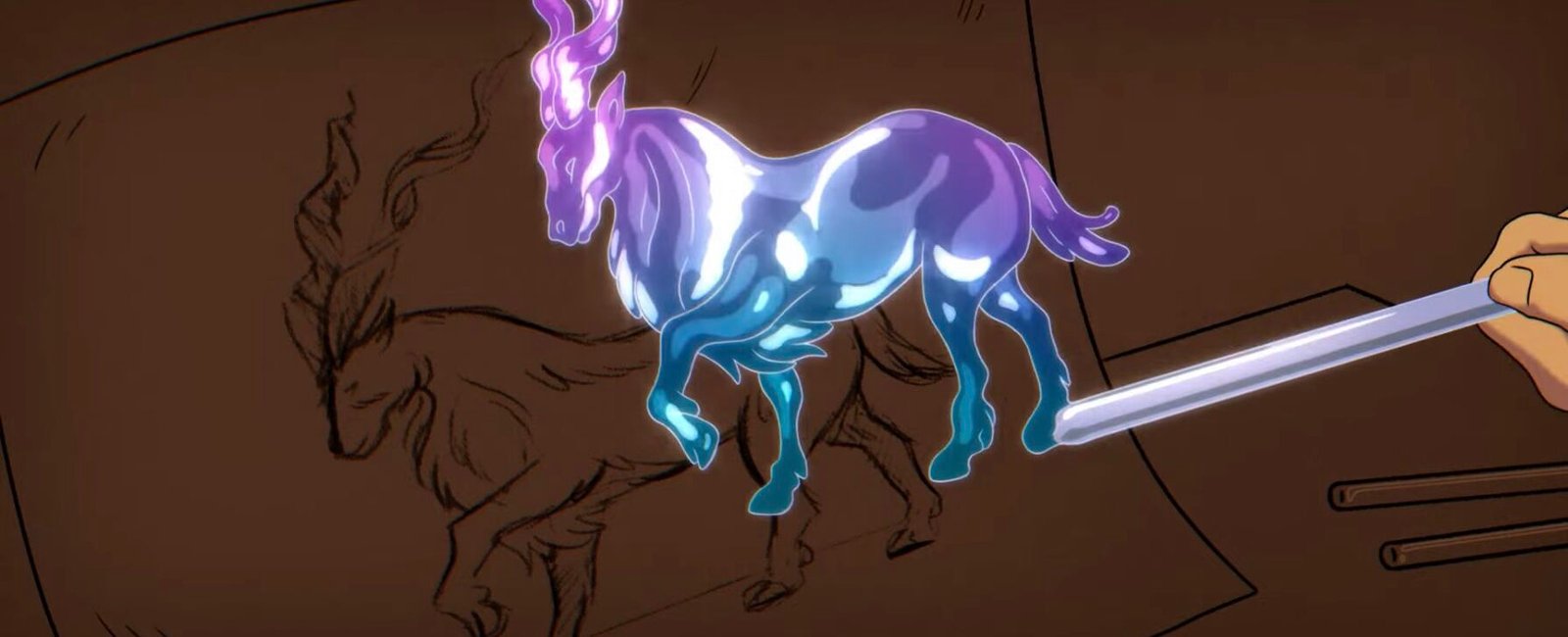
Markhor – The Glassworker
“I saw the angel in the marble, and I set him free.” ~ Michaelangelo
Pakistan, as a nation, has an international reputation that almost no one wishes to boast of. From systemic corruption, crippling inflation, tense borders, and an overall deteriorating hope in its population for the future, not many are willing to put their stake in its roots.
The film’s message, however, is of great relevance, especially to the nation’s geopolitics. Pakistan, historically, has had a less-than-ideal situation with its neighbors, and with the tension between two nuclear-armed countries, the threat of war is a shadow many live under. Some may idealize it, hoping for an Islamic rejuvenation; others may fear its consequences. Either way, The Glassworker’s core theme is essential for domestic audiences to be exposed to: that there are no winners in war on both the national and individual scales.
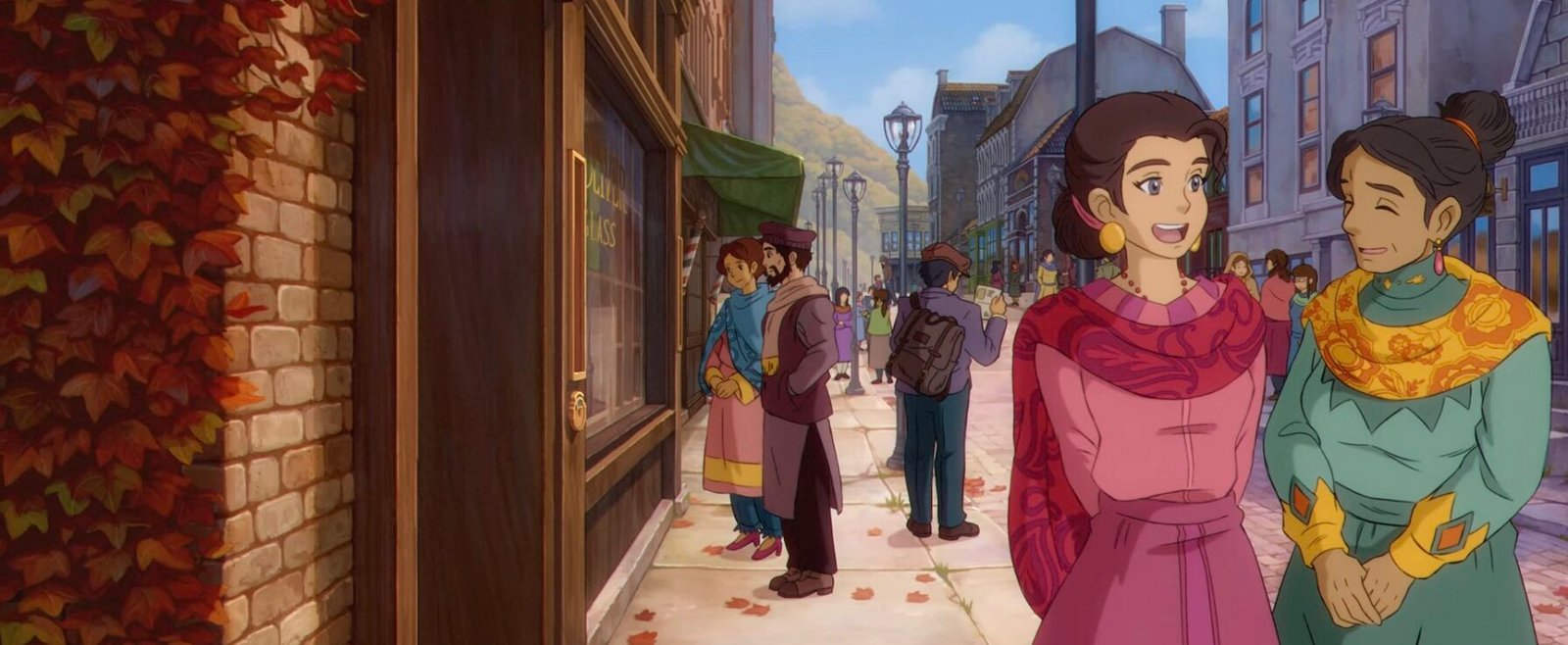
Streets – The Glassworker
The thing about Pakistan as a nation is that despite its numerous issues, there is a wealth of talent to be found in its culture, which has its roots in history long before its inception. From the likes of Sadequein to Abida Parveen, many have come and gone, but all have permanently impacted how art is expressed in this country.
The tragedy is that, due to the deteriorating state, such talent and creative genius still exist here. Still, many now focus on taking their ambitions elsewhere and adapting to different regions to create art. However, this nation is what it is with its language, climate, and topography diversity. These factors make it a prime breeding ground for a wide range of artistic expression, all under the Pakistani banner. There exists a treasure trove of folk tales, historical lore, and cultural practices from which to take inspiration.
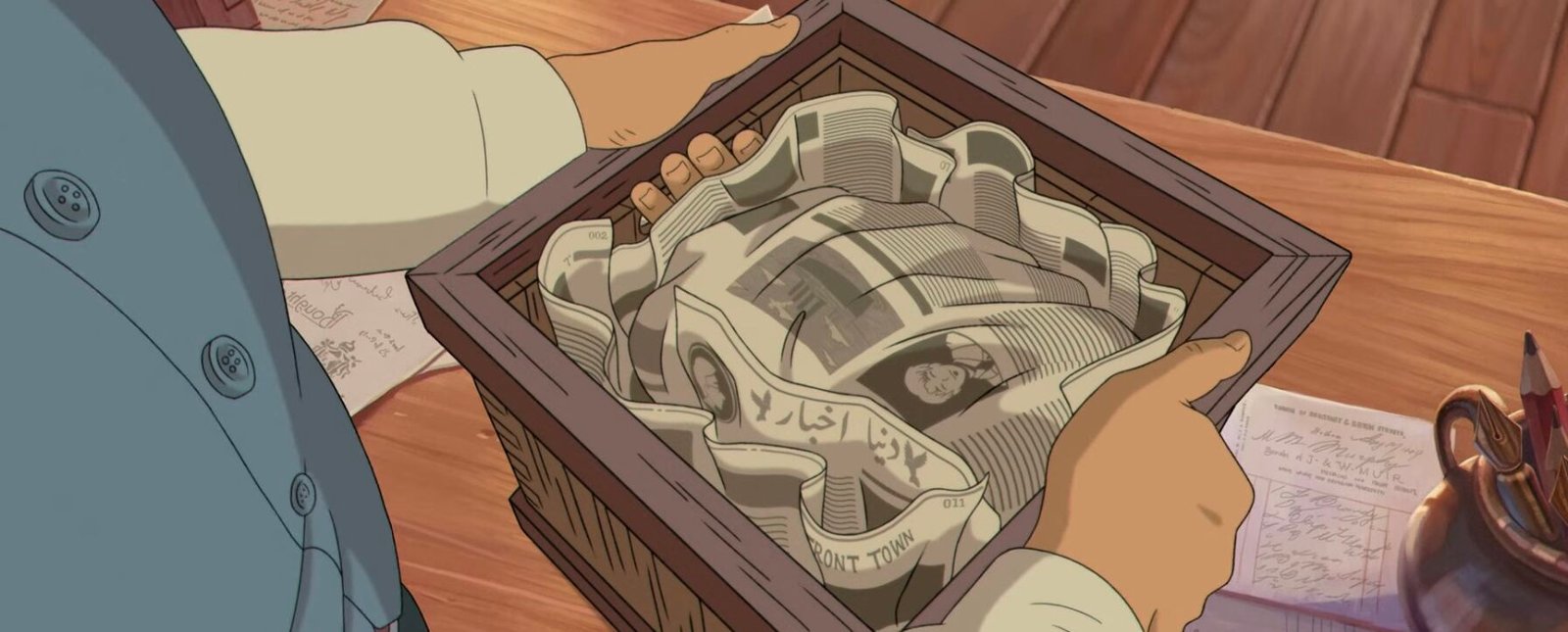
The Glassworker Images
The Glassworker as a film may take its inspiration from the Japanese-originated Ghibli studio, but it has its roots in Pakistan. This film may be the first step into what may one day become a new industry in Pakistan, dedicated to making the stories that exist in every grain of sand in its deserts, to every snowflake rushing by its mountainsides.
“We are truly lucky to be living in an era where Mozart is still composing.” ~Eric Beckman, Founder of GKIDS
Read more:
Succession: Brutal Television Excellence
Top 15 Champions League Winning Teams, Ranked



